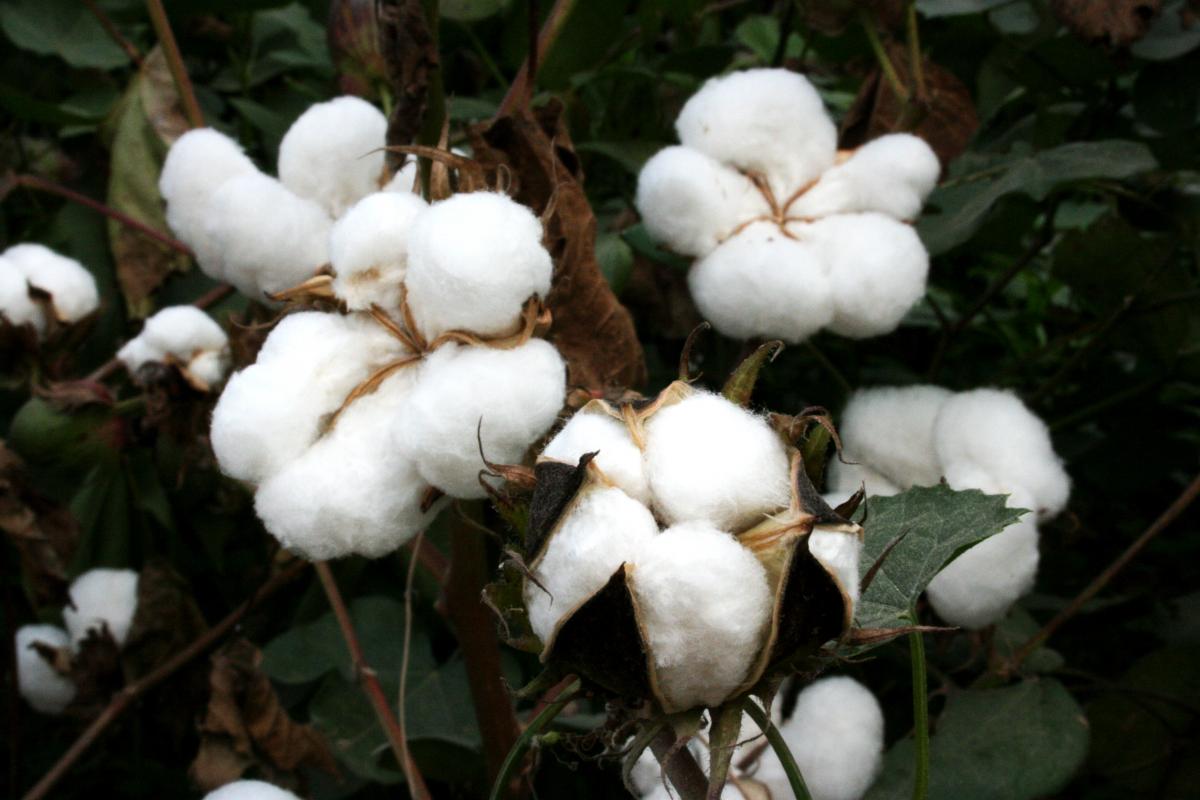 Organic cotton production has been shown to significantly reduce the amount of water pollution via soil erosion and nutrient leaching compared to conventional cotton production. These benefits have also been documented in other cropping systems where organically managed soils retain water and nutrients more effectively than conventionally-managed soils.
Organic cotton production has been shown to significantly reduce the amount of water pollution via soil erosion and nutrient leaching compared to conventional cotton production. These benefits have also been documented in other cropping systems where organically managed soils retain water and nutrients more effectively than conventionally-managed soils.
Because of the benefits to soil that organic systems provide, organic soils are also better able to hold water, which can reduce the need for irrigation. In fact, organic cotton production practices can reduce water consumption by as much as 91%. Irrigation water consumption for organic cotton is significantly lower than that of conventional cotton, as organic cotton is mostly rain-fed. The reduction of water use continues throughout the processing of cotton, and water use in GOTS certified cotton is limited to around 50 liters per kg fabric in later stages of the cotton processing.
